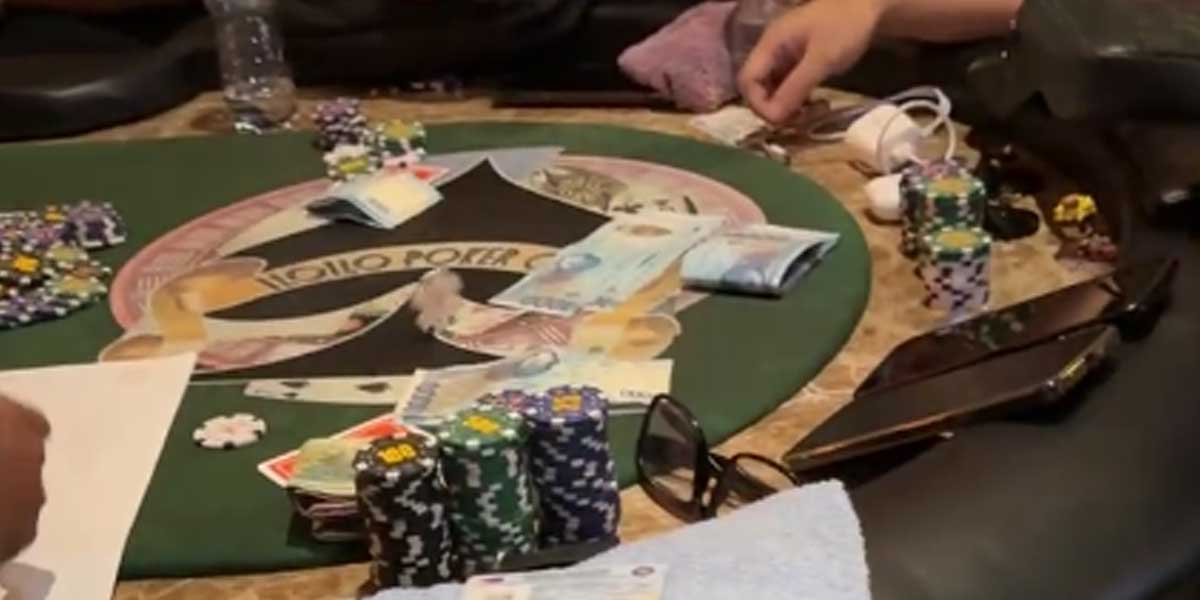By Herbert Vego
MANY times, I have heard “evangelists” defend their leadership’s diktat – say, “block voting” in political exercises — by quoting the first three verses of Romans 13: “Let every person be subject to the governing authorities. For there is no authority except from God, and those that exist have been instituted by God. Therefore, whoever resists the authorities resists what God has appointed, and those who resist will incur judgment.”
On the contrary, another religious sect prohibits its members to vote, citing Jesus’ refusal to be declared king of Israel by the Jews because “his kingdom is not part of this world.”
Those opposite doctrines are touted to be Bible-based.
Concerning the doctrine on block voting, does it make sense to install in power people who are known to be corrupt or murderous dictators?
Who has given the religious organizations the authority to choose for us our government officials on election day?
Their leaders who benefit from politicians who “donate”?
Does freedom of religion not allow freedom from religion?
Freedom from religion means thinking for ourselves, shielding us from religious dogmas that transform us into robots.
Any modern man who allows his brain to be manipulated by the clergy reminds us of that era when disobedience to the Church was punishable by death.
While five centuries have passed since we gained our independence from Spain, we remain under the spell of religious demagogues who threaten us with fire and brimstone if we disobey God’s “shepherds”.
We now know, however, that history throbs with cases of erroneous theocratic decisions – as in the conviction and life imprisonment under house arrest of famous Italian astronomer Galileo Galilei for heresy in 1633. It was not until 1979 or 346 years later that Pope John Paul II declared that the Church “may have been mistaken in condemning Galileo.”
During the reign of Roman Emperor Constantine (306-337 AD), persons who opposed church teachings were sought out, tortured and eventually murdered.
On March 25th, 1199, Pope Innocent III declared that “anyone who attempted to construe a personal view of god which conflicted with the church dogma must be burned without pity.”
The reign of Pope Gregory IX (1227-1241) saw the beginning of the Inquisition, a campaign of torture, mutilation, mass murder and destruction of human life.
The inquisitors grew very rich, accepting bribes and fines from the wealthy who paid to avoid being prosecuted and dispossessed of property. Sounds familiar?
If it’s any consolation, there are now Christian groups who have relaxed their intolerance of homosexuals, pedophiles and other “immoral” sectors of society.
Why not, when “80 percent of priests at the Vatican are gay”? The quotation is from French journalist Frédéric Martel, whose book Closet of the Vatican is the result of alleged interviews with 1,500 cardinals, bishops and priests.
-oOo-
‘DEATH BE NOT PROUD’
“Death Be Not Proud” is the title of the most famous poem of 17th century Englishman John Donne.
To a Christian believer, it simply means triumph from earthly existence and hope in the resurrection ahead through Jesus Christ.
The Rosicrucians do not call death “death.” When a person dies, he “passes into transition” from the physical to the spiritual stage.
In this light we bid farewell to my wedding “ihada” Merlyn Bayombong-Pomperada, 65, and to my great Dane friend Henning Blegvad, 95.
Inday Merlyn, who passed into transition last July 25, will be interred tomorrow (Aug. 13) in San Jose, Antique.
I have known Inday since the late 1970s. She worked with me for the defunct Charm magazine in Manila in 1980; and later as managing editor for my other defunct magazine, Health and Wealth, from 1999 to 2008.
I stood as one of the sponsors of her marriage to Chief Engr. Leopoldo Pomperada in 1988. Their union has produced two sons, Lord Leomer and Teodor Lynpol.
Concerning Henning, I got to know him more than a decade ago when I was looking for good material for a feature story. Somebody tipped me about a Danish migrant who had married an Ilongga from Oton, Iloilo, the former Melanie Estrada.
Henning was a pianist in Canary, Spain in 1984 when he thought of hiring a maid to clean his apartment.
“One day, this woman showed up and introduced herself as the contacted house cleaner,” he told me, referring to Melanie.
He eventually agreed to marry and live with her in barangay Cadinglian, Oton.
The last time I visited the couple more than a year ago, his health was declining. But he stood up to play his piano for me.
He died on June 29 this year.
So long, Inday Merlyn and Henning.





















